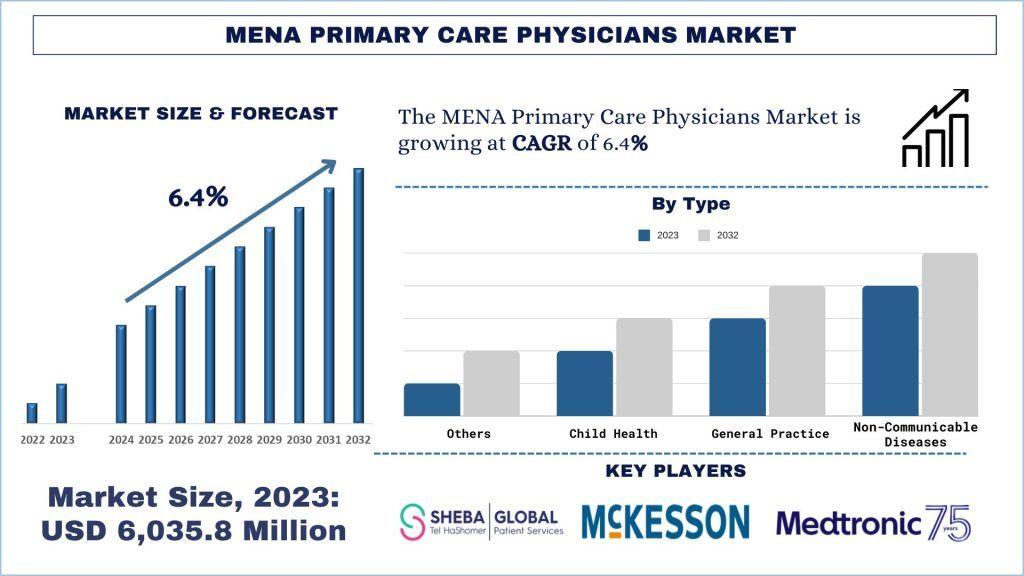In a world increasingly defined by speed, precision, and connectivity, businesses across sectors are embracing process automation to transform the way they operate. From manufacturing and logistics to healthcare and finance, automation is not just a technological upgrade—it's a paradigm shift that redefines productivity, accuracy, and consistency.
At its core, process automation refers to the use of technology to perform recurring tasks or processes in a business where manual effort can be replaced. It reduces human error, increases output, and allows employees to focus on higher-value work that requires creativity and critical thinking. But beyond the mechanics, automation represents the future of smart, scalable operations.
Understanding Process Automation
Process automation involves leveraging tools like software, robotics, sensors, and artificial intelligence to streamline operations. This can range from simple rule-based task automation—such as sending automatic emails or generating reports—to complex workflows involving robotics or machine learning algorithms.
In industries like manufacturing, this might mean using robotic arms for precision assembly. In finance, it could involve automated fraud detection systems. In logistics, process automation supports real-time inventory tracking and route optimization. Regardless of the field, the goal remains the same: to enhance efficiency, ensure quality, and reduce operational friction.
Transforming the Workplace
Process automation is changing not only how tasks are completed, but also how people work. Repetitive, time-consuming activities that once required human involvement—like data entry, approvals, or monitoring—can now be executed swiftly and reliably by automated systems.
This transformation frees up human resources to focus on innovation, strategy, and problem-solving. It also enhances scalability, allowing organizations to grow without being limited by manual bottlenecks. The result is a more agile, competitive, and responsive business environment.
France’s Intelligent Leap Toward Automation
France, known for its strong engineering traditions and industrial base, is increasingly emerging as a leader in adopting process automation technologies. Across sectors such as automotive, pharmaceuticals, and food processing, French companies are investing in smart automation to boost competitiveness, address labor shortages, and meet high-quality standards.
Government-backed initiatives like "Industrie du Futur" have accelerated digital transformation in French manufacturing by encouraging the integration of advanced automation systems. This includes not just robotics on the factory floor, but the adoption of software automation in areas like compliance tracking, supply chain coordination, and energy management.
French SMEs (small and medium-sized enterprises) are also finding value in automating administrative and operational processes through intuitive platforms that require minimal coding or technical expertise. With a growing culture of innovation, educational support, and public-private collaboration, France is well-positioned to thrive in the age of intelligent automation.
Key Applications Across Industries
One of the most impressive features of process automation is its versatility. In the healthcare sector, automation supports patient records management, lab result processing, and even robotic-assisted surgeries. In agriculture, smart sensors and automated irrigation systems help improve crop yields while conserving resources.
Retailers use automation to manage inventory, predict trends, and offer personalized customer experiences. Meanwhile, public institutions automate tasks like citizen registration, document processing, and data analytics to improve service delivery.
These real-world applications prove that automation is not a one-size-fits-all solution—it’s adaptable and customizable, enabling tailored solutions that address industry-specific challenges.
The Role of Human Insight
A common misconception about automation is that it will replace people. In reality, process automation works best when paired with human intelligence. Machines can handle rules, repetition, and speed. But creativity, empathy, and decision-making still rest firmly in the human domain.
Automation acts as a supportive partner to human efforts—handling routine tasks so people can focus on innovation, leadership, and growth. This partnership between man and machine creates workplaces that are not only more productive, but more fulfilling.
Looking Ahead: The Next Frontier
As artificial intelligence and machine learning continue to evolve, the future of process automation will be even more predictive and autonomous. Systems will learn from past data, adjust in real time, and even make complex decisions without human intervention.
Organizations that invest early in automation are building the digital infrastructure necessary for long-term resilience and growth. It’s not just about surviving in a competitive world—it’s about thriving in one that is constantly evolving.





